Bronice
Borough of Nałęczów, Puławski District, Lubelskie VoivodshipType of place
Private meadow / field.Information about the crime
In March 1942, a special unit of German officers from Lublin murdered 14 people employed in the manor in Bronice. The bodies were buried in the “Borek” forest, the size of the grave is difficult to establish. (IPN Gk 163/16)
In the summer of 2021, we managed to reach Teresa G., the daughter of the postwar owners of the plot on which the grave was to be located. Teresa confirmed the existence of the grave. She also mentioned the alleged post-war exhumation of the remains buried in it:
“Once there were Jews buried there. My parents said everything grew better in that place. Later, I heard rumors that someone had come one night and dug these Jews up. It’s hard to say if this is true. The ground was disturbed in several places. My parents weren’t sure where the grave was. Once there were trees there. […] There was a field by the forest and there were some trees.” (July 1, 2021)
Sławomir Łowczak, director of the Cultural Center in Markuszów, whose deceased father remembered the place where remains of the victims of this execution were buried, also took part in the conversation with Teresa:
“My dad told me that when the Germans murdered the Jews in the manor house in Bronice, they ordered the village leader and someone else to bury the bodies. The Jews were buried in the place where two oak stumps were cut. That’s what my dad told me.” (Bronice, July 1, 2021)
Commemoration
The place of the grave was marked with a wooden matzevah in 2021 as part of the project “Reference points – marking 25 Jewish war graves with wooden matzevot ”. The project is an attempt to find a way of marking these sites before they can be commemorated. Marking forgotten Jewish war graves with wooden matzevot is a subtle intervention in the landscape, reminding about what remains invisible, yet present in the memory of local communities. Being only a temporary commemoration, wooden matzevot invite local communities to discuss and take action, to discover the places, and perhaps to start their own memory practice related to them or to initiate a permanent commemoration.
You can read more about the project here: https://tinyurl.com/2p9ar52f
The project was carried out thanks to the funding from The Association of the Jewish Historical Institute of Poland (Stowarzyszenie Żydowski Instytut Historyczny) and The Matzevah Foundation.


IDENTIFICATION OF THE GRAVE BASED ON NON INVASIVE RESEARCH
In March 2020, a site inspection was carried out in the area indicated as the approximate place of the mass grave of a dozen or so victims (GPS: N 51 ° 21.089 ‘E 022 ° 12.791’). The indicated location is a vast glade (arable field). Its ground has probably been disturbed many times in the past. The relief model (LiDAR) is not helpful in this case. In order to precisely indicate the location of the burial site, additional information on the location of the mass grave is required.
Aerial photography query for this area wasn’t ordered.
Sources
Transkrypcje
Contact and cooperation
We are still looking for information on the identity of the victims and the location of Jewish graves in Bronice. If you know something more, write to us at the following address: fundacjazapomniane@gmail.com.
Bibliography
IPN GK 163/16, Questionnaire. Executions. Graves. Lubelskie province; vol. IV; Questionnaires about mass executions and mass graves – lubelskie province, 1939-1945.
The Register of Killing Sites and Crimes committed by the Germans in Poland between 1939 and 1945, lubelskie provinve, ed. The Chief Commission for the Examination of German Crimes in Poland, Warsaw 1985, pp. 13, 30, 46, 47.
Recording of the Zapomniane Foundation (audio file), Teresa G., a resident of Bronice, Keywords: Jewish grave in Bronice manor house in Bronice; exp. Agnieszka Nieradko, and Joanna Świderska, Bronice, 1 July 2021
Recording of the Zapomniane Foundation (audio file), Sławomir Łowczak, resident of Markuszów, keywords: Jewish grave in Bronice, manor in Bronice; exp. Agnieszka Nieradko and Joanna Świderska, Bronice, 1 July 2021
We have collected the materials about this village thanks to the funding provided by the International Holocaust Remembrance Alliance as part of the project “The rural Holocaust. Collecting and safeguarding the never recorded testimonies 100 forgotten Jewish graves 2021-2022” and also thanks to the support of the Embassy of the Federal Republic of Germany in Warsaw.
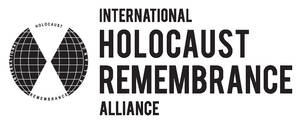
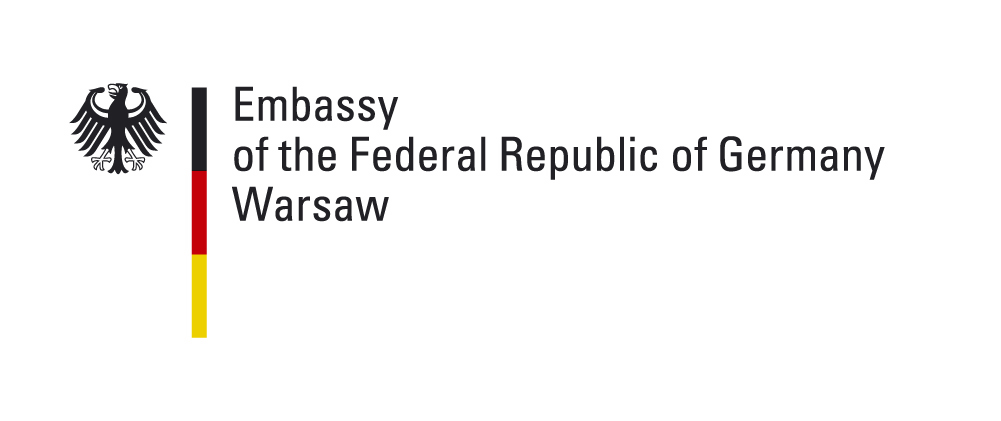
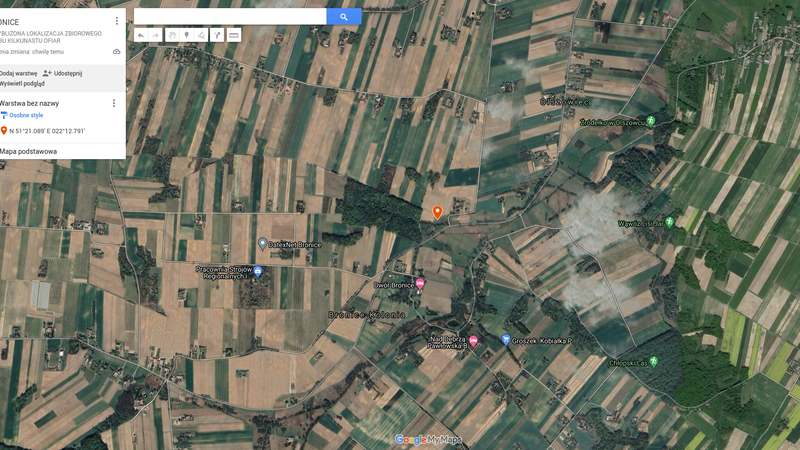 bronice fotografia satelitarna 1a
bronice fotografia satelitarna 1a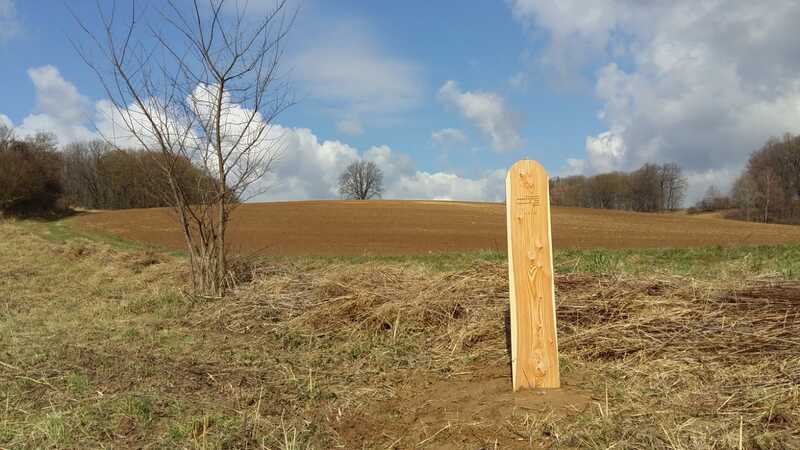 Bronice
Bronice Ankiety. Egzekucje. Groby. Województwo lubelskie. Bronice
Ankiety. Egzekucje. Groby. Województwo lubelskie. Bronice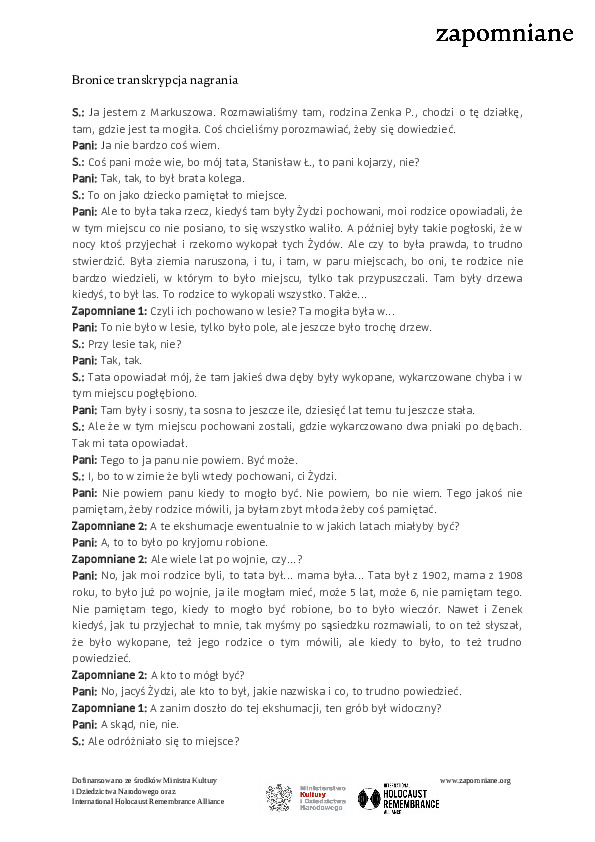 Bronice transkrypcja nagrania
Bronice transkrypcja nagrania